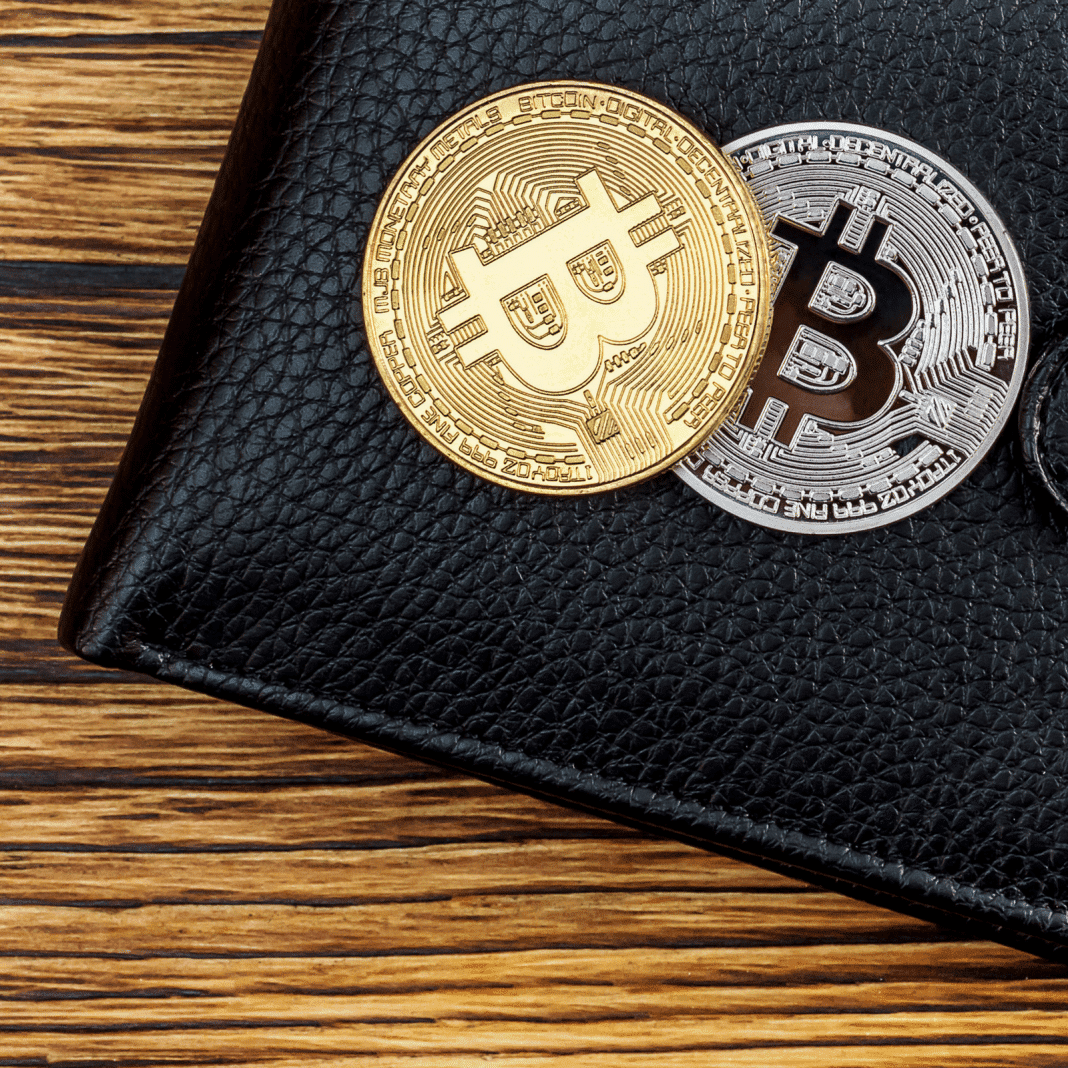11 Best Crypto Exchanges February 2023: CeFi & DeFi
Content
- It is tedious to find the right crypto trading signals provider. So, in this article, we will be talking about the best…
- What Is a Centralized Exchange and Should You Use One?
- Centralized exchanges provide better liquidity
- Decentralized Exchange Vs Centralized Exchange: Summary
- Help & Support
- Centralized vs Decentralized Cryptocurrency Exchanges
Centralized exchanges manage order books that record all buying and selling transactions. DEXs are a foundational pillar of the cryptocurrency ecosystem, letting users exchange digital assets in a peer-to-peer manner without the need for intermediaries. As there are no custodians involved and users can participate using their self-hosted wallets, DEXs reduce counterparty risk. what exactly is a centralized crypto exchange DEXs can also reduce some of the systemic risks of the blockchain industry by reducing the amount of capital concentrated in the wallets of a small number of centralized exchanges. In 2014, the Mt. Gox centralized exchange handled a significant portion of all Bitcoin trading volume before it abruptly ceased operations amid the loss of hundreds of thousands of bitcoin.
Let’s look at how both function, along with the pros and cons of each. A crypto exchange will often have rules or other accessibility-related criteria in its terms of service. The asset-based approach takes into account the company’s assets for valuation. One important distinction between a CEX and DEX is that you have a custodial crypto wallet with a CEX.
Furthermore, centralized exchanges provide a wealth of beneficial and unique features that make them perfect for new and advanced traders alike. Phemex is one example of a centralized exchange, and is a great choice for those looking to get involved in the crypto world. When it comes to features, centralized exchanges outnumber decentralized cryptocurrency exchanges.
It is tedious to find the right crypto trading signals provider. So, in this article, we will be talking about the best…
They allow users to instantly exchange one cryptocurrency for another thanks to access to the best rates of trading pairs. Instant crypto exchanges typically aggregate prices and liquidity from multiple custodial trading platforms. Instant crypto exchangers receive and deposit funds directly to users’ wallets.

After the recent debacle at FTX, many cryptocurrency investors are understandably shaken to the core. An order book—a real-time collection of open buy and sell orders in a market—is a foundational pillar of electronic exchanges. Order books allow an exchange’s internal systems to match buy and sell orders. This item alone may be a show-stopper, since your crypto exchange of choice may not be available in your state.
What Is a Centralized Exchange and Should You Use One?
An exchange will not allow this to happen, as it safeguards the holdings in place of the individual investor. Since the cryptocurrency market is extremely popular and highly competitive, our main challenge was to come out with a solution that would meet the highest crypto exchange development standards. API integration when creating a cryptocurrency website allows you to link it with other online resources.

For example, centralized exchanges require KYC verification which violates the basic tenets of cryptocurrency, such as user anonymity. At the same time, centralized exchanges have all the deposited coins in the control of the company running the exchange. Therefore, crypto owners don’t have complete control over their assets on centralized exchanges. You can only deposit crypto funds to a decentralized exchange, whereas with centralized exchanges you can also deposit fiat money from your Debit card, Credit card, and Bank account via SEPA. This is due to the very nature of the fiat world that only has centralized gateways.
Centralized exchanges provide better liquidity
The potential risk inherent in some centralized exchanges is that these exchanges, being held by a single entity, are more vulnerable to an attack. Most people’s experience with crypto begins on an exchange, as this is the easiest place to buy crypto. Most wallets are only useful for sending, storing, and receiving crypto, which is a key difference between a crypto exchange and wallet. You are now leaving the SoFi website and entering a third-party website.
Do you keep your crypto with a centralized exchange? If so, what exactly is the benefit of crypto again (excluding price appreciation)?
— TeslaBull (@TeslaBull2) June 24, 2021
Apps like PayPal, Venmo, and Cash App also allow users to buy crypto. These exchanges have a third party that helps conduct transactions to make sure they go through as intended — similar to a brokerage. As of 2021, there are over 4,000 unique cryptocurrencies on the market.
Decentralized Exchange Vs Centralized Exchange: Summary
CEX vs DEX crypto exchange debates owing to their efficiency in replacing order books. Automated Market Maker relies on using liquidity pools sourced from users rather than waiting for matching buy and sell orders. The people who invest their assets in the liquidity pool receive governance tokens which also ensure distributed governance in the exchange. For those looking for an alternative to centralized exchanges and traders wanting to dive deeper into the DeFi ecosystem, decentralized exchanges are the best place to start. CEXs offer traders various order types, including limit orders, stop orders. There are benefits and downsides in each of the two models, so we believe that centralized and decentralized exchanges will always co-exist.
- We deal with full-cycle app development, UI/UX design, branding, and analytics to help our clients meet their goals.
- In fact, crypto exchanges often provide information regarding their security protocols.
- They also provide little-to-no investor protection if funds are lost or the user makes a mistake.
- Users can buy and sell cryptocurrencies like Bitcoin , Ethereum , Tether , Dogecoin , Litecoin , and more.
- Regardless of the features you’ve prioritized for your app development, implement them wisely for the sake of the users’ convenience.
- However, you cannot achieve it at the expense of the calculation quality, as a crypto exchange requires high performance.
However, not all of them will be successful, and it’s not uncommon for these exchanges to fold. The success or failure of an exchange is dependent upon a large number of factors. Decentralized exchanges are an alternative; they cut out the middle man, generating what is often thought of as a “trustless” environment. Assets are never held by an escrow service, and transactions are done entirely based on smart contracts and atomic swaps. Such online resources have a centralized operator or use a third-party organization to assist in transactions. Users trust this third party, responsible for security, functionality, and assistance in finding trading partners.
Help & Support
What is the difference between CEX and DEX” focuses on how companies creating a DEX don’t follow KYC or AML standards. Autonomous operations of decentralized exchanges obviously free them from any concerns of KYC verification or AML procedures. However, institutional investors are less likely to exercise their interest in platforms that don’t follow KYC and AML compliance. As a leading provider of business accounts for digital assets in the industry, partnering with top-tier crypto exchanges like Bitstamp and FTX, we often discuss how the landscape of exchanges will evolve.

Decentralized exchanges don’t do this and therefore exclude the risk of keeping providing safety for wallets users’ funds in custody. One of the main problems of current decentralized exchanges is that they are illiquid, which means that there are generally few participants and a low volume of activity. They simply don’t have enough sellers that could pull in a significant amount of buyers. The main thing to remember is that this industry — the coins, the platforms, the blockchains, the exchanges, the wallets — is largely unregulated.
Centralized vs Decentralized Cryptocurrency Exchanges
This makes them appealing to anyone who wants to do business without going through a bank. Instead, decentralized employ smart contracts, which are algorithms that execute themselves whenever specific criteria are satisfied. Centralized organizations operate centralized exchanges and are more susceptible to crashes. For example, centralized exchanges can reduce access to users for minimizing losses in event of massive market crashes. On the contrary, decentralized exchanges don’t have any problems as they don’t have any intermediaries.
#Centralization, or lack thereof, is a major talking point in #cryptocurrency. #Decentralized #Blockchain technology heralds a changing of the status quo.
WHAT’S A CENTRALIZED EXCHANGE EXACTLY?
Know more at https://t.co/1xza2H1awZ#Crypto #bitcoin #Currency #trading #HODL
— Mikko_El_Vivo (@cryptomekki) February 16, 2018
Each cryptocurrency exchange has its own set of laws and restrictions, but they all provide you access to the most widely used cryptocurrencies. New and emerging DEXs cannot compete with large and well-established centralized exchanges in terms of liquidity. Without the desired liquidity, decentralized exchanges are unsuitable for large orders owing to concerns of unprecedented additional costs or slippage. However, new aggregator and compliance protocols are gradually emerging as viable solutions to problems of liquidity on decentralized exchanges. DEX vs CEX difference would obviously focus on how centralized exchanges actually work as banks. You can deposit your crypto in the central wallet of the exchange, which stays in the control of the centralized organization.
CEX vs DEX debate shows that decentralized exchanges have a long way to go. Decentralized exchanges have obviously emerged as an easier alternative than https://xcritical.com/ centralized exchanges. For example, you don’t need KYC verification or any pressure of entrusting the control of your crypto assets in the exchange.
Decentralized crypto exchanges vary from centralized crypto exchanges in that they allow users to keep control of their assets by running their important activities on the blockchain. Decentralized exchanges either run on an AMM or traditional order book model. Users can buy and sell cryptocurrencies like Bitcoin , Ethereum , Tether , Dogecoin , Litecoin , and more. Depending on the platform, users can exchange one type of cryptocurrency for another or buy cryptocurrency using traditional fiat money, such as the U.S. dollar or the euro. They can also convert existing cryptocurrencies to fiat money, hold it in trading accounts, and withdraw it as cash.
Instead, when they deposit their funds onto an exchange, the latter takes over the custody of those assets and issues a corresponding amount of IOUs to the trader. The exchange tracks every user’s IOUs internally as they change hands in trades, and it only converts them into actual currency at the moment of withdrawal of funds. CoinDesk is an independent operating subsidiary of Digital Currency Group, which invests in cryptocurrencies and blockchain startups. As part of their compensation, certain CoinDesk employees, including editorial employees, may receive exposure to DCG equity in the form of stock appreciation rights, which vest over a multi-year period. CoinDesk journalists are not allowed to purchase stock outright in DCG. Some of the largest cryptocurrency exchanges in the world are those that offer these fiat/cryptocurrency pairs, however.
CEXs generally offer supplementary services, such as crypto asset custody. They often require that users deposit their crypto assets at the exchange before trading can happen. Cryptocurrency exchange is always related to sensitive information, personal data, and financial operations. You should ensure your platform’s safety and transparency to make your users confident that no data and funds can be lost. Dashboards allow users to compare exchange rates of cryptocurrencies and view the history of exchange rates, so these tools are crucial for any trader. With the help of a client chat , users can receive qualified assistance from exchange service employees or an automated application based on AI around the clock.